Burning of the Dark Sun: Transformation of Female Selfhood
This intuitive poem was inspired by a sublime song by the Italian pianist and composer Ludovico Einaudi titled Burning. As my vinyl player whirls its vibrating tunes through my loving (Freudian slip) living room, I am carried away into another sphere of being. Something angelic, invoking light and demonic dark forces at the same time emerges through my open mind tapped into the music and my pencil…
I have a journeying soul
Following the tracks of mystery
My heart whispers clues
To the lost mind thinking
I’m a fool, I’m a fool, I’m a fooool
Step by step into the void, onto the cloud
I float in nothingness in the cloud’s arms
I feel the heat piercing my heartbeat
I feel the warmth of his fingers
Down to my toes, divine touch I need
But the sun is burning me, burning
Every cell life had built, unbuilding
My flesh. Lost, thoughtless
or too many, a waterfall of thoughts
— crazy
I’m not, am I burnt ashes, noughts
I’m not, am I, am I burnt, cinders
Wholeness scattered onto the ground
Of earth in a time lapse
I’m not, I am cinders in a time lapse
Burning, burnt, the present of the past
And the future of being in nonexistence
Wholeness scattered onto the ground
Of Earth in a time lapse
I’m not, I am cinders in a time lapse
Burning, burnt, the present of the past
And the future of being in nonexistence
You burnt me and I had no choice
Burning, burnt, the present of the past
~
I recommend you reading this poem slowly into the rhythm of the song, pacing up just before mid-length from “I’m not, am I burnt ashes, noughts…”

The cosy feeling of being back at home alone after much traveling around Europe evoked some poetry. A day after I wrote it, I was pulled to certain books in my study’s library, and without seeking anything connected with the poem, I found clues of the collective psyche in the Book of Symbols: refections on archetypal images published by Taschen.
The poem is about “the burning interior of women” (as I found Tsultrim Allione wrote in 1984). The feminine life force ends during menopause during her midlife withering of fertility, so does the sexual drive of the hormonal swells that cease to tide up and down. Historically at midday the sun’s peak force reached us on Earth with its heat.
But the sun is burning me, burning
Every cell life had built, unbuilding
My flesh. Lost, thoughtless
or too many, a waterfall of thoughts
— crazy
I am not there physically yet, but my poem empathises with women going through this insecure, confusing, destabilising, self-worthiness undercutting period of transition. This inner and outer change ignites judgement.
My heart whispers clues
To the lost mind thinking
I’m a fool,
Time’s cruel pace renders female womb from being the potential source of life (Eros) to the empty aspect of Thanatos, the Freudian death principle.
Step by step into the void,
onto the cloud
I float in nothingness in the cloud’s arms

I found that clouds represent angels, the morally ambiguous seducer of women as in Genesis, the messenger of bliss and God, as well as the fallen angels like Lucifer meaning light-bearer, which can be the sun.
I’m not, am I burnt ashes, noughts
I’m not, am I, am I burnt, cinders
This midlife dying of a woman presses the Eros creativity to the peak. Losing of her life-giving potential is annihilated by the transient Thanatos (death principle).

I found more fascinating feminine mythical beings of the spirit world in the Book of Symbols that are relevant to my poem.
Dakini, Siren, the Witch, and others. If you are curious about these tantric, Homeric and folktale creatures of story telling accompanying us in multifaceted incarnations through millennia, look them up. These archetypal concoctions of myths have more in common with the physical and psychological midlife transition of women than anyone before Carl Gustav Jung could have imagined. In Jungian psychology science meets alchemy and the arts across centuries, cultures, places, uniting them into a coherent narrative of human psyche and the essence of spirituality.


I can find zen in music, I also find my soul in some music, I can get lost in its vibrations, forget aches, worries, even where I am as I also let go of myself. To me and thousands of other global fans, Ludovico Einaudi composes some of the most connecting piano songs today. During the concert on my last birthday I meditated through the 150minute nonstop performance of this septuagenarian Italian maestro in Milan, his alma mater. Next week I will train through Italy, from Verona’s amphitheatre to Rome’s open air performance of his ensemble. The “eargasm” as one Greek fan and musician called the experience, will spiritually elevate the Italian bliss perhaps higher than my planned revisiting of the Sistine Chapel in the Vatican.
Find your bliss through connecting beyond yourself, I was blessed to find mine though art, architecture and nature.

































































































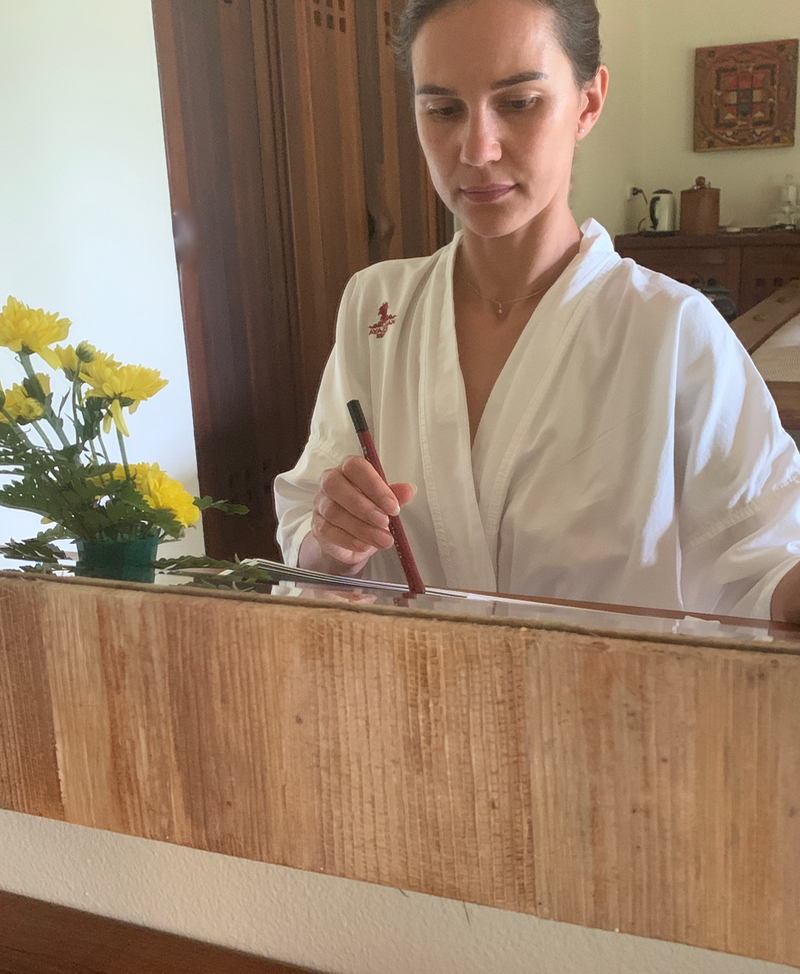











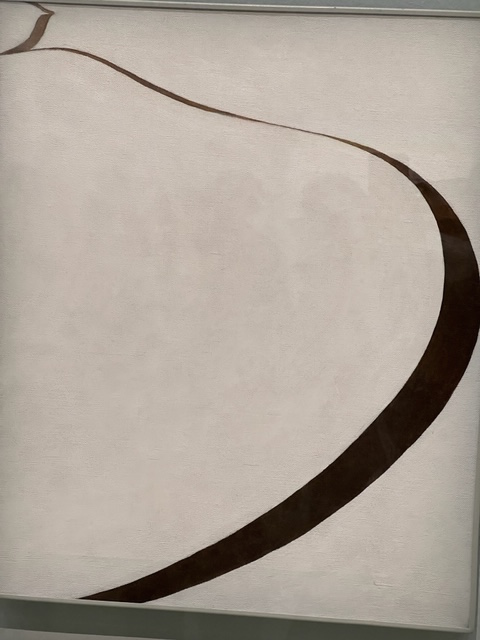



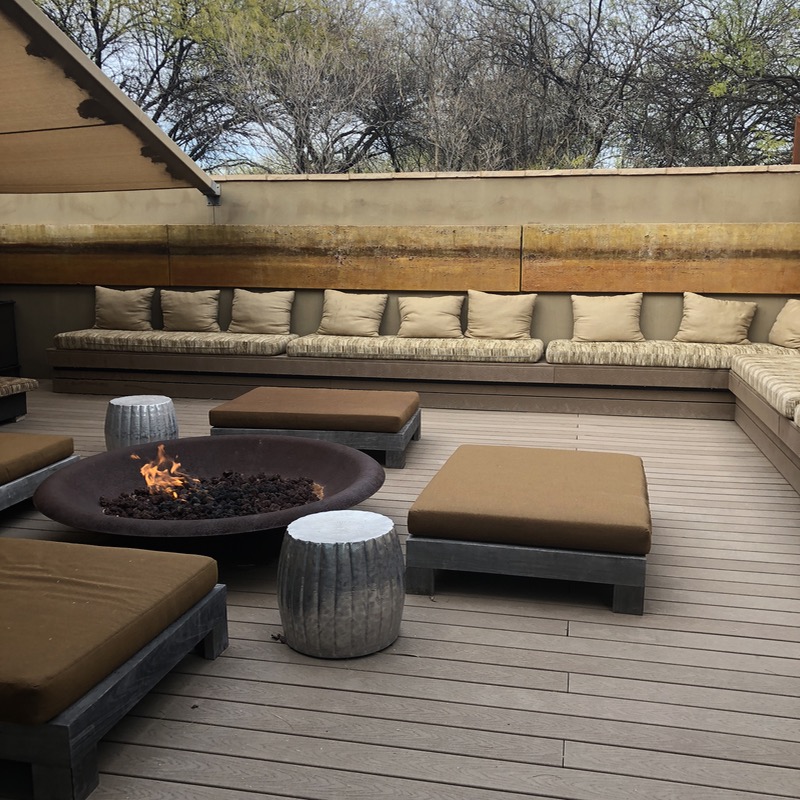




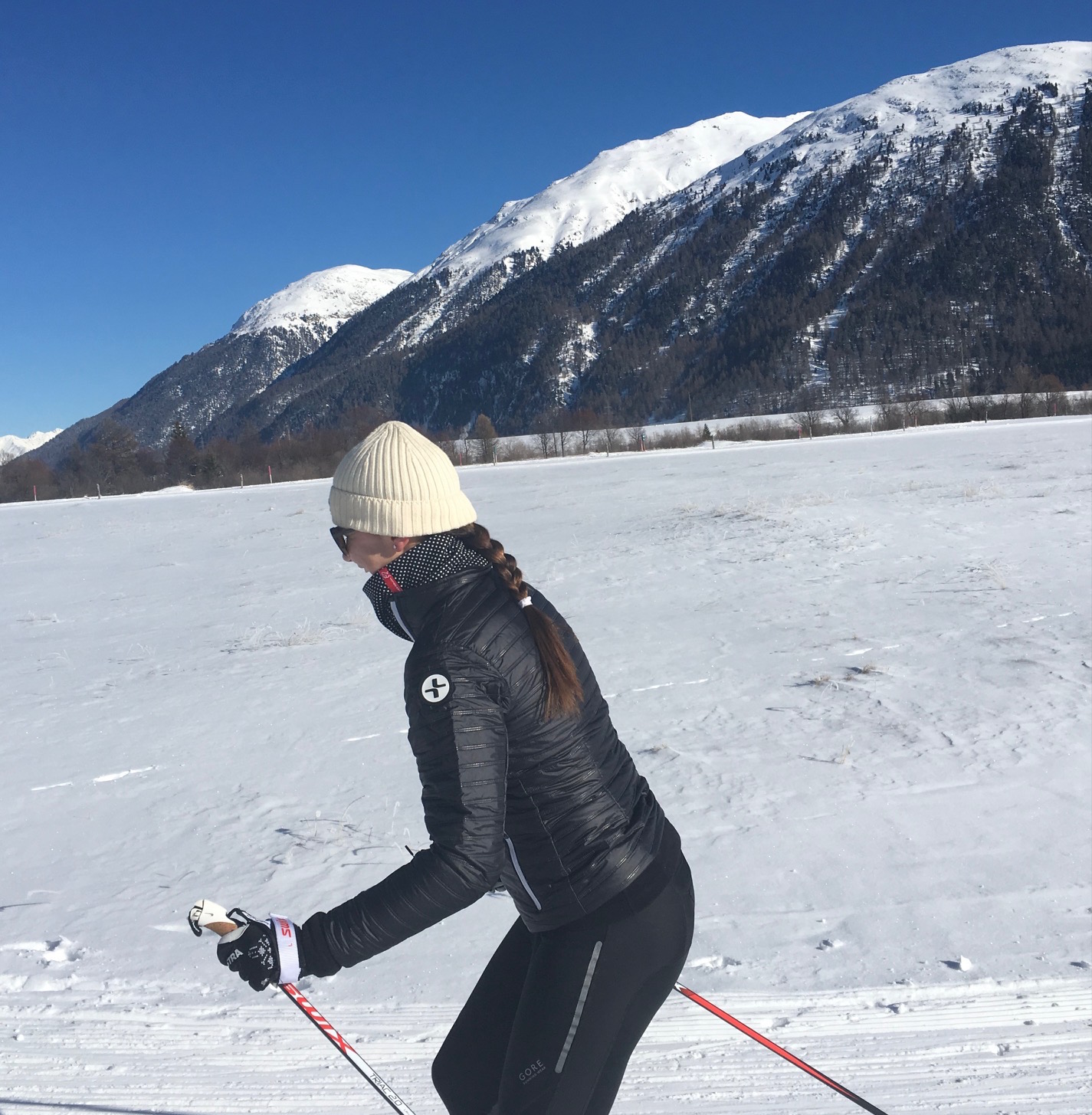




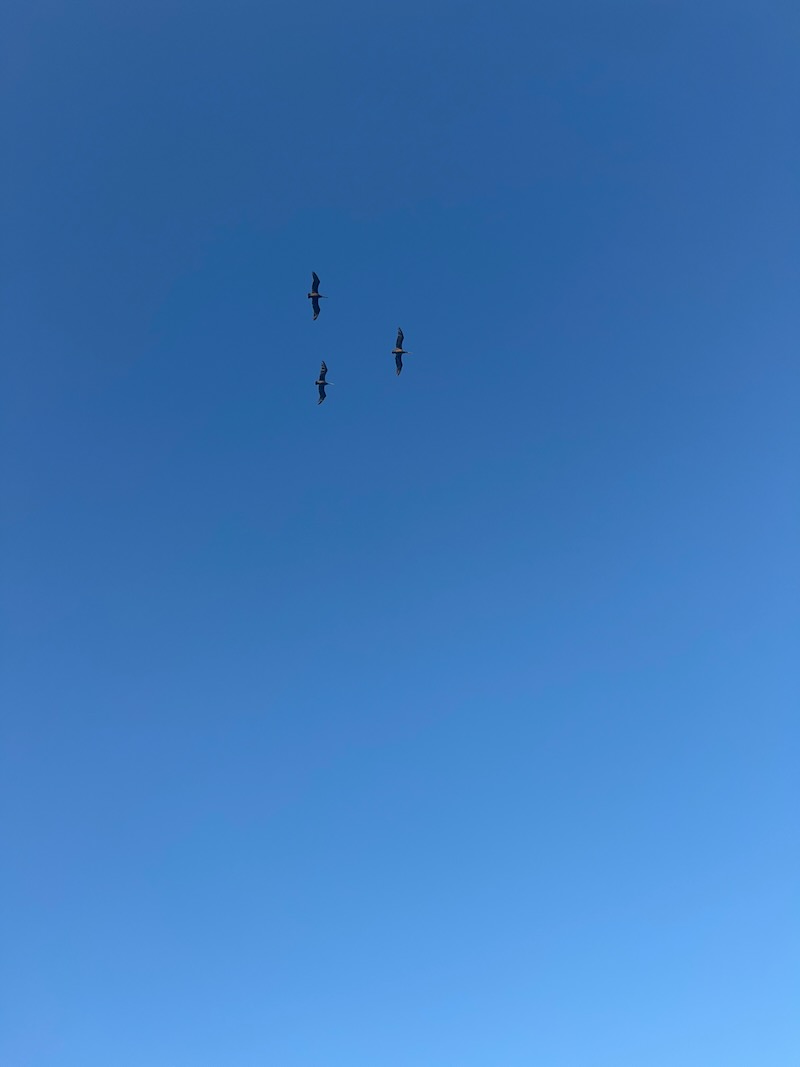
 My cure eventually came in the form of daily release. The light shone once again above my head. Not just by doing physical stretching, although I did that too, but also mental cleansing. By meditating twice a day I learned to control better my bodily sensations. Not as far as a fire walker in India yet (I smile), but I can now understand how their zeroing of pain sensation works.
My cure eventually came in the form of daily release. The light shone once again above my head. Not just by doing physical stretching, although I did that too, but also mental cleansing. By meditating twice a day I learned to control better my bodily sensations. Not as far as a fire walker in India yet (I smile), but I can now understand how their zeroing of pain sensation works. 